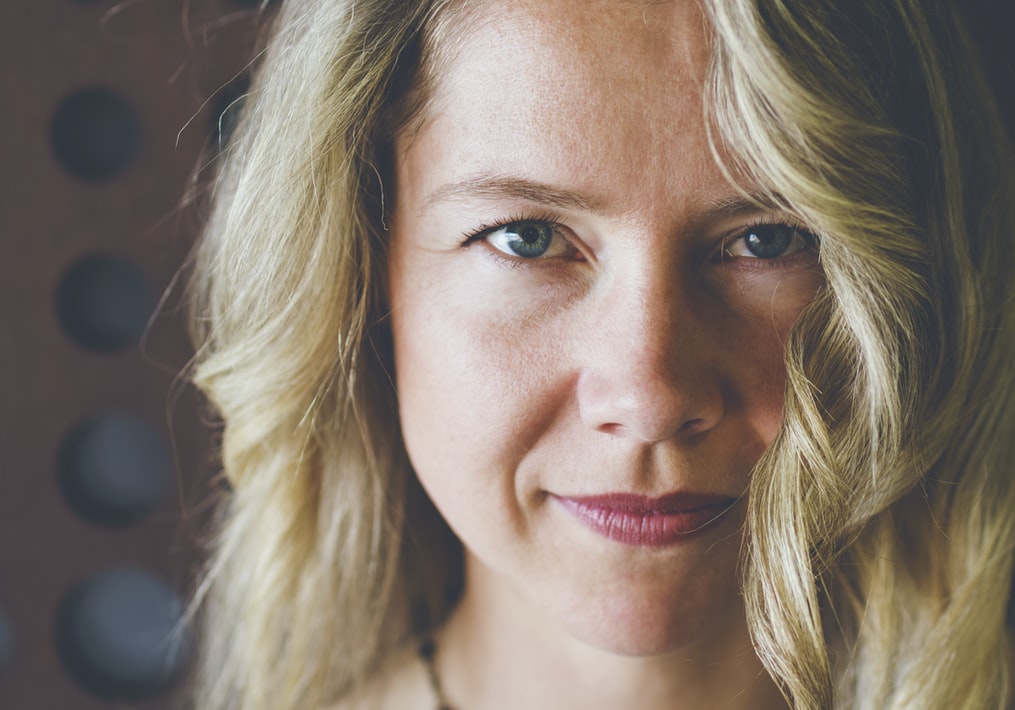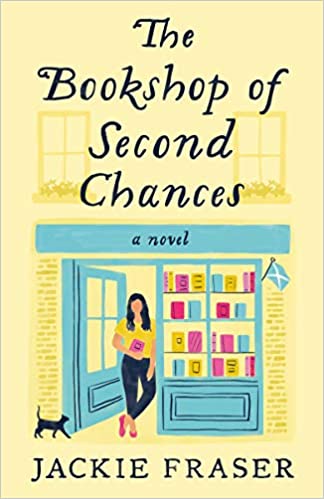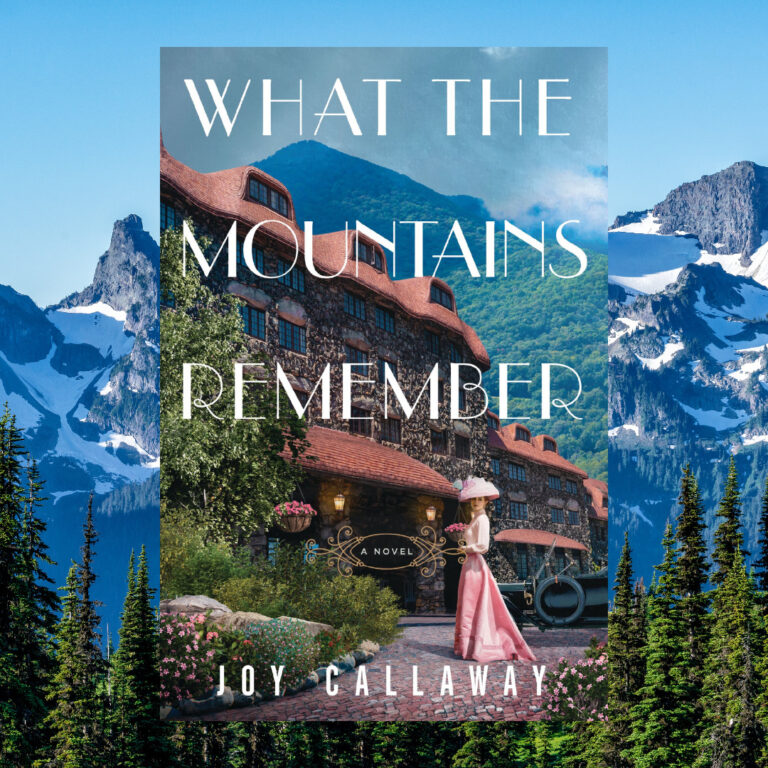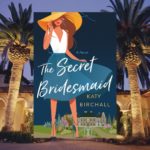[Note from Frolic: We’re so excited to have author Jackie Fraser guest posting on the site today. She’s talking middle aged protagonists. Take it away, Jackie!]
Thea, the protagonist of my debut novel, turns forty-four during the course of the book, my own age when I started writing it. I knew when I began that my main characters would all be in their mid-to-late forties, and that this was an important part of the story.
I’d been thinking for a while about older protagonists, partly because as I grow older and watch my friends do the same, I’m struck endlessly by the ways in which we’re different from the bright-eyed young things who met in the late eighties or early nineties, but also, of course, very much the same. Getting older doesn’t really change how you view yourself. My mum told me, when I was about fifteen, that ‘you’re always nineteen in your head’ and I pretty much agree with her. Your internal voice remains the same; the things that are different are your sense of your place in the world, the complexities of jobs and houses and long-term relationships. (When I talk about these things below, I’m doing so in the context of Thea’s heterosexual relationships, but it’s equally true whoever you love and live with, of course.)
When you’re twenty-two and your boyfriend leaves you it’s no more or less tragic and heart-breaking than being left by your husband of twenty years, but it’s a lot less complicated. When Thea’s marriage breaks up, she has to find somewhere new to live, she has to think about what shared belongings she wants to keep, she has to decide which other relationships (her in-laws, maybe some of her friends?) she’ll have to give up. It all seems so overwhelming; she can’t even begin to imagine a different kind of life.
She’s fortunate, in that the end of her marriage coincides (the convenience of fiction!) with the loss of her job, freeing her from the ties of employment, and also, even more conveniently, with the news that she’s inherited her great-uncle’s house. This is the perfect opportunity to take her out of her comfort zone, of course, and put her in a new place with new people. She’s starting again, but not from nothing – she has nearly thirty years of adulthood behind her, and although she might not have had any adventures recently – or wanted any – she’s not innocent or inexperienced. She has firm opinions and, as she rediscovers herself, she finds she likes the person she is. And it’s not that she was hidden or concealed by her marriage, but just that when there are two of you, it’s hard (and probably inappropriate) to focus on oneself. The end of any long-term relationship gives you space to do this, though, and the freedom to give up any compromises you might have been making.
After I’d finished writing it, I read a couple of novels with older women in them, both written in the 1980s, and I was quite shocked at the way the characters were presented. One was fifty, and the other a couple of years younger, and both were presented as ‘a bit mad’. They were dismissed by the other characters as menopausal and therefore of no interest in themselves. Other characters ignored what they said, or wondered what the point of them was, now their lives were essentially finished. I don’t believe this was true in the 1980s and it’s definitely not true now, and reading those books made me extremely glad to live at a time when it’s not assumed that everything’s over once you’ve run out of eggs.
These books made me think even harder about what I was trying to do with Thea, and how to use the changes in her life to perhaps say something useful. The depth of her sadness – she’s understandably devastated by the collapse of her marriage – felt like something that was important to explore. Grieving for a relationship, and for the idea of your life, is a difficult thing. It’s not the first time she’s had her heart broken but it all feels impossible now she’s older. I wanted to try to communicate some of those feelings before following her progress to a place where she might find a new way of looking at the future. This is a story with a very slow-burn romance because she has to get her head together, to reconstruct herself. We don’t all get the opportunities she gets, of course, but her journey is one of embracing change, and looking for the positive. This also allows her to see potential in someone who sees no potential in himself.
In summer 2019, just before I submitted the novel to Simon & Schuster UK, there was an article in The Bookseller about a survey that had found ‘fifty-one percent of women over forty feel that older women in fiction tend to fall into cliched roles’ and there are ‘not enough books’ about middle-aged or older women. I was delighted to see that it wasn’t just me that thought this. Of course it’s always fun to read about someone who’s twenty-eight and in just the right place in her life to meet someone special, but what about later on? Growing older has disadvantages, certainly, but your forties are an excellent time for discovering that, actually, you don’t really care what anyone thinks and that’s a very freeing feeling. It would be nice if we could always feel like that, but at the same time, nothing in life is wasted, and there are things you have to go through to get to somewhere else. If there’s a message in my book, it’s that you never know what might happen, but you need to be looking out, not in, or else you might miss something amazing.
About the Author:
Jackie Fraser is a freelance editor and writer. She’s worked for AA Publishing, Watkins, the Good Food Guide, and various self-published writers of fiction, travel and food guides, and self-help books. She reads a lot (no, really), in multiple genres, and is fascinated by the Bronze Age. She likes cats, vintage clothes, antique fairs, and photography. She currently lives in Hampshire, England.
The Bookshop of Second Chances by Jackie Fraser, out now!
Thea Mottram is having a bad month. She’s been let go from her office job with no notice—and to make matters even worse, her husband of nearly twenty years has decided to leave her for one of her friends. Bewildered and completely lost, Thea doesn’t know what to do. But when she learns that a distant great uncle in Scotland has passed away, leaving her his home and a hefty antique book collection, she decides to leave Sussex for a few weeks. Escaping to a small coastal town where no one knows her seems to be exactly what she needs.
Almost instantly, Thea becomes enamored with the quaint cottage, comforted by its cozy rooms and lovely but neglected garden. The locals in nearby Baldochrie are just as warm, quirky, and inviting. The only person she can’t seem to win over is bookshop owner Edward Maltravers, to whom she hopes to sell her uncle’s book collection. His gruff attitude—fueled by an infamous, long-standing feud with his brother, a local lord—tests Thea’s patience. But bickering with Edward proves oddly refreshing and exciting, leading Thea to develop feelings she hasn’t experienced in a long time. As she follows a thrilling yet terrifying impulse to stay in Scotland indefinitely, Thea realizes that her new life may quickly become just as complicated as the one she was running from.













